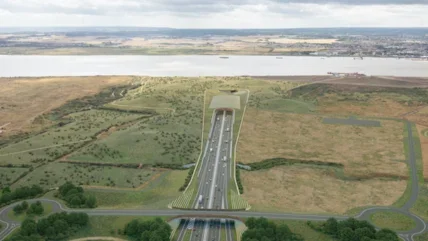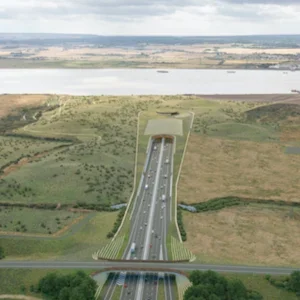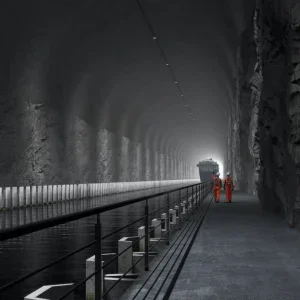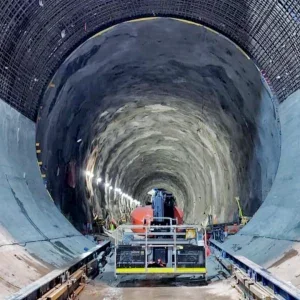
The UK government has granted £590m to the Lower Thames Crossing, which will include the country’s longest road tunnel.
Announcing a new £1bn Structures Fund for major investments to improve road structures yesterday, Chancellor Rachel Reeves said the funding would “take forward the Lower Thames Crossing – not just boosting connectivity in the south-east, but ensuring a smoother, less congested passage of vital goods from Europe to our regions”.
The government described the project as “the most significant road building project in a generation and a national priority” and the funding would end “the painfully slow approach seen before”.
Transport secretary Heidi Alexander said the Lower Thames Crossing was a crucial project to drive economic growth, that had been stuck in planning limbo for far too long.
“This project is essential for improving the resilience of a key freight route and is critical to our long-term trade with Europe. It will speed up the movement of goods from south-east England to the Midlands and the north, crucial to thousands of jobs and businesses,” she said.
The £9bn project received planning permission in March. The 23km road project east of London includes two 4.1km-long tunnels (one northbound and one southbound) under the River Thames. The tunnels will link the A2 in Kent with the A13 and M25 in Essex.
Bouygues Travaux Publics Murphy JV was awarded the tunnelling contract in December 2023. Balfour Beatty will build the roads north of the Thames, and Skanska which will build the roads in Kent.
The government is currently exploring private finance options for the project. Construction could start as early as 2026, with the new road expected to open in the early 2030s.
The Structures Fund will inject cash into repairing bridges, flyovers and tunnels, and ensure other transport infrastructure is both more resilient to extreme weather events and to the demands of modern transport.
The investments are part of the new 10 Year Infrastructure Strategy, which will be published later this week. They follow the £15.6bn announced at the Spending Review for projects such as the Tyne and Wear Metro extension and the West Yorkshire Metro, and more investment to fund the TransPennine Route Upgrade and deliver East-West Rail.







